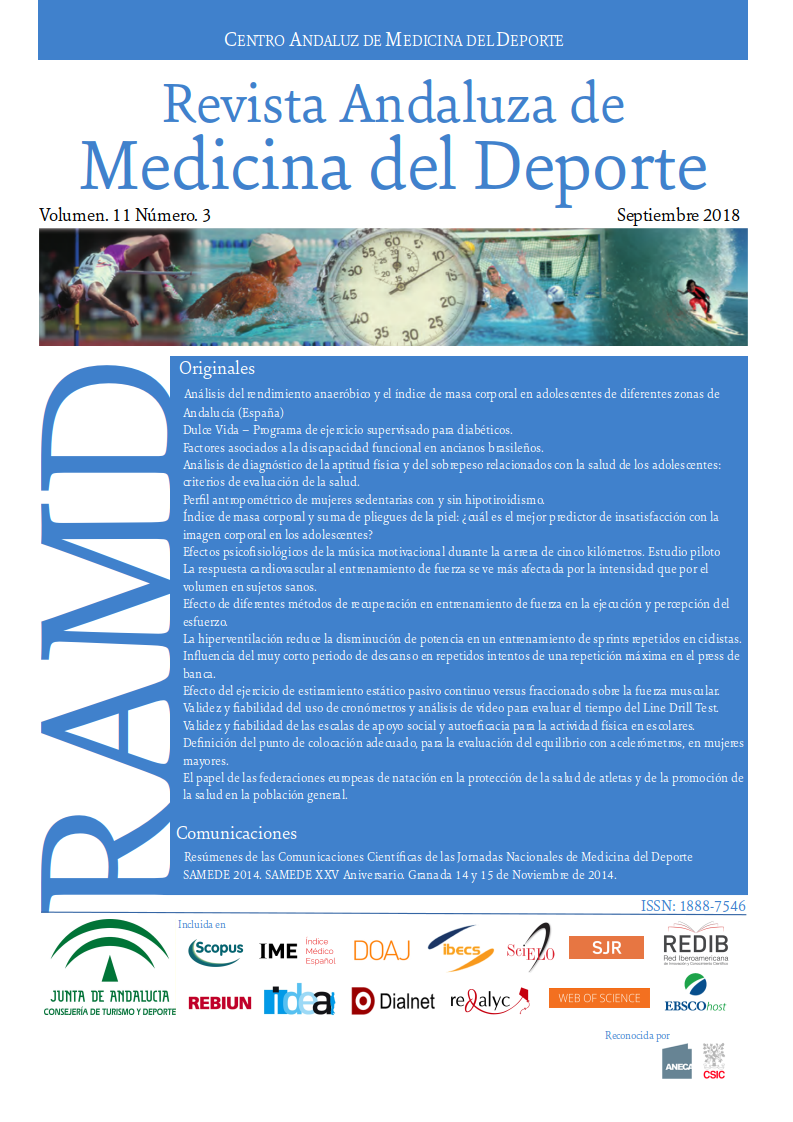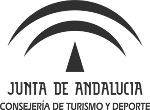Sweet Life–Program of supervised physical exercise for diabetics
Keywords:
Diabetes melitus, Glucemia, Ejercicio Diabetes Mellitus, Blood Glucose, Exercise Diabetes mellitus, Glicemia, Exercício
Abstract
Objective: to present Sweet Life–Supervised Exercise Program for Diabetics as a strategy for promoting and supervising the exercise for diabetic patients. Methods: Sweet Life is characterized as a Research Program and University Extension of the University of Pernambuco. Exercise sessions are held three times a week. Before and after each exercise session, blood glucose and hemodynamic variables of diabetics are evaluated. Physical evaluations, educational talks and surveys are carried out.
Results: In the Sweet Life program, many diabetics have participated in these five years, a complete database has been developed which, until the beginning of June 2015, has included data from more than 72 350 participants. By analyzing the mean blood glucose of the participants in the Sweet Life program during those five years, we can present a statistically significant reduction of 49 mg/dl (181.0 ± 61.3 vs. 132.0 ± 61.0, p = 0.001).
Conclusions: Programs of this nature are effective in controlling diabetes, but are still poorly publicized. Therefore, the dissemination of proposals similar to the Sweet Life program, which acts as an effective strategy for the promotion and supervision of exercise for diabetics, is extremely important.
Published
2018-04-20
Section
Originals


